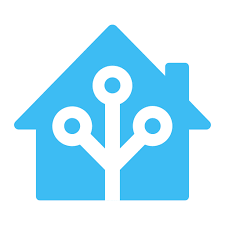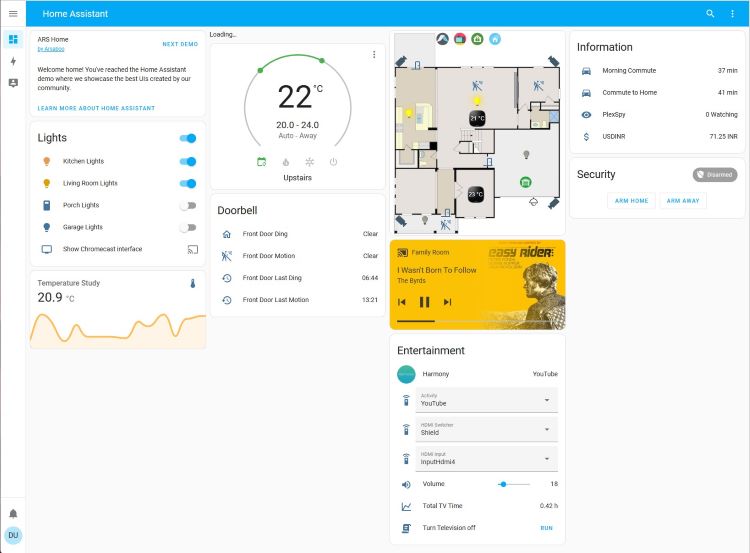
Home Assistant is a free and open-source software for home automation designed to be a central control system for smart home devices with a focus on local control and privacy. It works with over 1000 brands of smart devices and services, and allows users to create powerful automations, dashboards, integrations and add-ons.
Home Assistant can be installed on various devices and platforms, such as Raspberry Pi and Linux. It offers four different installation methods. Ingenix recommends a Raspberry Pi (CM4) installed on Ingenix Gold Board. Coming Soon! Check here for details.
Home Assistant also has companion mobile apps for iOS and Android, which enable users to control their devices and receive notifications from their home. The apps can also send location data to Home Assistant for presence detection.

The market share of Home Assistant is not easy to determine, as it is a free and open-source software that does not report its sales or users. However, some indicators can be used to estimate its popularity and growth, such as:
- Website traffic: According to Similarweb1, home-assistant.io had 4.8 million total visits in December 2021, with an average visit duration of 6 minutes and 49 seconds and an average of 7.03 pages per visit. The website ranked 10,698 globally and 13,228 in the United States among all websites, and 296 in the category of programming and developer software in the United States.
- GitHub stars: According to GitHub, home-assistant/core, the main repository of Home Assistant, had 46.9k stars as of January 2022, making it one of the most starred Python projects on GitHub. It also had 1.9k contributors, 19.5k forks and 3.5k watchers.
- Community size: According to home-assistant.io2, Home Assistant has a large and active community of users and developers who help with support, documentation, development and testing. The community has various channels of communication, such as forums, chat, newsletter, blog and social media. As of January 2022, the Home Assistant forum had over 110k members and over 1 million posts, the Home Assistant Discord server had over 100k members, the Home Assistant subreddit had over 140k members, and the Home Assistant Twitter account had over 60k followers.
These indicators suggest that Home Assistant has a significant and growing market share among smart home enthusiasts who prefer a localized and privacy-focused solution for home automation. However, it is difficult to compare its market share with other smart home platforms that use different business models and metrics, such as Google Home or Amazon Echo.
According to a report by Transparency Market Research3, the global smart home digital assistant (voice) market is projected to cross US$ 13.5 billion by 2030, expanding at a CAGR of ~17% from 2020 to 2030. The report identifies Google Home as the leading player in the market, followed by Amazon Echo and Apple HomePod. The report does not mention Home Assistant as a key player in the market, but it acknowledges that open-source platforms are gaining traction among tech-savvy consumers who value customization and control over their data.
Therefore, it can be inferred that Home Assistant has a niche but loyal market share among smart home users who prefer a DIY approach to home automation. It is likely that Home Assistant will continue to grow its market share as more devices and services become compatible with it and as more consumers become aware of its benefits and features.
